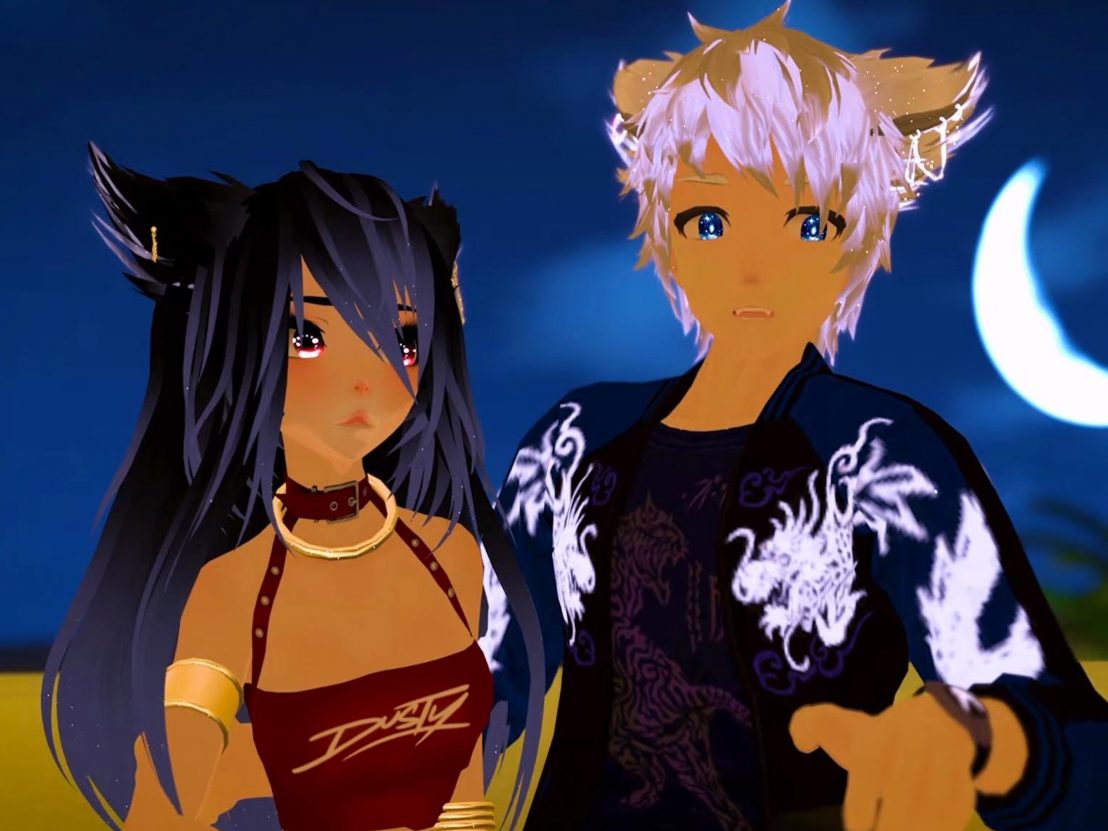
In a new series, we’re celebrating the films we loved that aren’t likely to dominate the awards race. Over the new few weeks, our writers make passionate arguments for the performances and craft that stood out to them, from blockbusters to arthouse and everything in between.
The internet is unrecognizable from how it existed at the time it was invented. We’ve gone from dial-up modems and IRC to its now-omnipresent lingering spectral presence influencing all corners of modern life. If you want to accomplish virtually any administrative life task, it’s now a requirement that you hook yourself up to the World Wide Web. People communicate and meet new friends more through social media and online messaging apps than in person – a trend only accelerated by the pandemic. Dating practically requires the use of Tinder, Bumble, Grindr or any number of dating apps to meet people beyond your close inner circle of friends and colleagues.
So why do many people, including those who came of age in the internet era, view the idea of immersing yourself into a digital world through VR so bizarre?
Call it judging a book by its cover, but many take a look at a virtual congregation of anime girls, anthropomorphized animals and Hot Dogs talking in a digital classroom before driving fake cars around a self-built coastline world, and see nothing other than a cringeworthy playhouse that causes shame by association. It’s certainly one way to look at this new frontier, but it’s a shallow one, ignoring the deeper connections underpinning this far more wholesome celebration of what it means to exist and be human – reality made unreal.
We Met in Virtual Reality is a documentary that’s as much a challenge to the uninitiated as it is a deep dive into the many communities and relationships formed by those whose chance to meet new people went from chat rooms and cafes to the digital realm. That aforementioned description of an amalgamation of copyright-infringing virtual characters, sexualized avatars and animals playing in toy cars is actually what plays out during the opening scenes of this unique film. It’s a way to meet the film’s subjects and acclimatize us to this world via immersion. The movie goes one step further when exploring this software and takes the unique step of filming and interviewing its subjects entirely within the VR Chat program the feature centers itself. It acclimatises both the familiar and the uninitiated with the visual appearance of this world before we are introduced to the people who view this software as a second life.
It’s a perfect example of using the tools at a filmmaker’s disposal to enhance the subject matter. Creating within VR forces a dialogue with the limitations of the software as well as its potential, and a window into this world without the breaks in immersion that could come from taking the headset away. Immersed in this landscape you begin to understand just why these people thrive here. Sign language classes, belly dancing tutorials and strip clubs don’t require virtual reality, but without the judgemental stares that linger on our physical existence and the baggage of our lives those bodies carry, VR can be a fresh start and a chance to be who we always wanted to be.
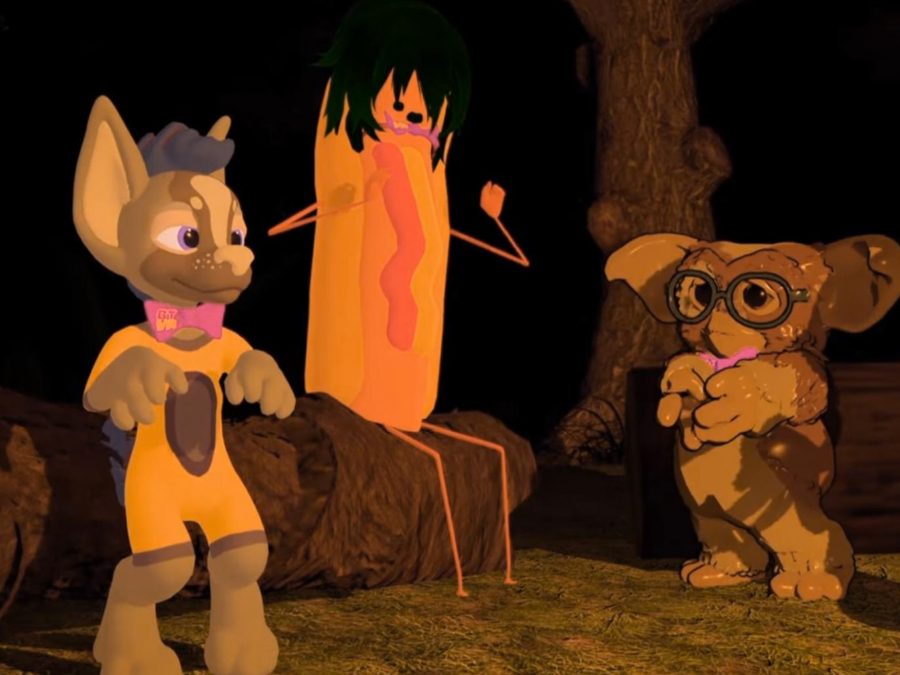
The immersive filmmaking makes horns and tails a fact of life, stripping the visual anomalies until only the human stories behind the avatars remain. Jenny is a sign language instructor in the Helping Hands community, and also suffers from auditory processing disorder. Ray is another instructor who’s completely deaf, yet has found friends in a community of thousands within Helping Hands that are harder to find in real-world spaces, as well as a support network.
Then you have IsYourBoi and DragonHeart, from the UK and Miami respectively, working as sexy demons in a strip club. For IsYourBoi, digital sex work is a chance to find a mental high that encouraged them to go sober after a heavy substance dependency following the death of a family member, and find love with someone despite the thousands of miles between them. Similarly for DustBunny and Toaster, they met through dance classes and fell in love in a way that may have been impossible without VR, and maintained a physical closeness in spite of real-world distance and barriers made harder by COVID.
In a year filled with documentaries focussing on extraordinary people and the ways they changed the world, it’s these mundane yet ultimately human stories only made possible by rejecting the human form that lingered far beyond the closing credits that my mind kept returning to. Without the expectations made often on appearances alone, VR becomes no different to any other social media or chatroom, thriving as a space to connect and form community. For some, when real-world community spaces and the places to meet like-minded people are closed by the pandemic, politics or economics, it may be the only town square they have left.
These people become free to explore self-image, gender and sexuality outside of the limitations of societal expectations, and connect with people regardless of the pressures to conform that may exist elsewhere. Of course a dog in a bowtie and a hot dog will have complex ideas about gender, just like the ripped demon in a suit and the anime girl with huge breasts will find connection. Even stripped of humanity, a person remains.
We Met in Virtual Reality is a documentary worthy of recognition not because it recognizes the human behind the headset, but because there’s no more noble cause than being there for the people you care about, no matter the reality those people exist within. It’s perhaps telling that in this world of wish fulfillment and possibilities, the thing most of these people want more than anything is a genuine connection. It’s bright, it’s beautiful, and it’s honest. Away from the corporatized dystopia of Zuckerberg’s Meta, the promise of a virtual universe changing the world is already here.
Published 7 Mar 2023
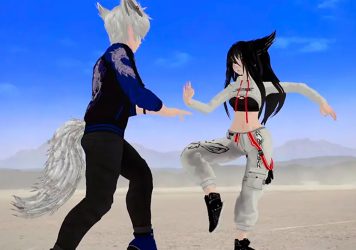
By Ed Gibbs
The first feature doc to be shot entirely inside the world of social VR is a rich, uplifting experience.
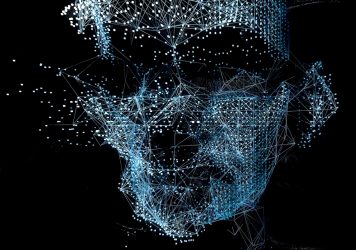
As VR continues to grow, shortform storytelling looks poised to re-enter mainstream cinema.
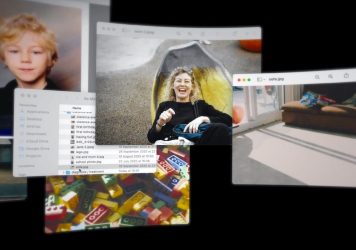
The 2022 LFF Expanded programme featured a number of virtual reality experiences which aimed to connect audiences and filmmakers more than ever.